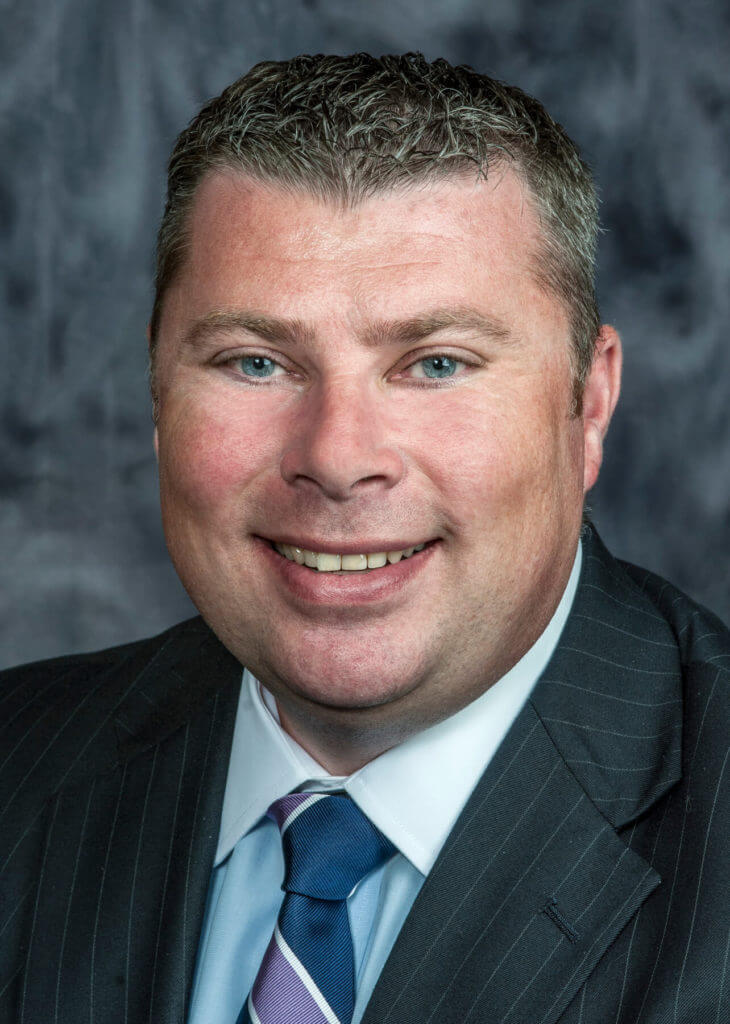Post by Stephen Banks
I recently attended the New Jersey Wireless Deployment Summit hosted by the New Jersey Wireless Association (NJWA), one of the most active associations in the wireless industry. As an annual Gold Sponsor, KMB is proud to be a part of the platform that NJWA has created for cultivating and maintaining relationships for all professionals involved in the wireless telecommunications industry.
The opening keynote speaker of the summit, FCC Commissioner, Michael O’Rielly, addressed the barriers to broadband deployment in NJ and provided an update on FirstNet. Other topics addressed included: wireless infrastructure powering Smart Cities, autonomous cars, and the Internet of Things.
Below are a few highlights we took from our afternoon at the New Jersey Wireless Deployment Summit:
We must Address Barriers to Create a Reliable Wireless Infrastructure
To ensure that the United States remains the global leader when it comes to mobile network innovation and deployment, barriers to deploying wireless infrastructure must be addressed and reduced. Some of the keys to create a reliable business environment for broadband infrastructure includes an improved access to federal and/or state lands for wireless communications facilities and streamlined permitting processes for future wireless infrastructures.
Improving Broadband Deployment
Created by the FCC, which includes members throughout the wireless industry, consumer advocacy groups and community leaders, the Broadband Deployment Advisory Committee focuses on developing specific direction on ways to better improve broadband deployment within communities across the U.S.
In effort to address barriers to wireless broadband investment and deployment, the US Senate Commerce Committee passed MOBILE NOW. Although it’s an important first step to encourage investment in wireless broadband networks, unfortunately, the state of New Jersey doesn’t have any current initiatives working to address the deployment issues of wireless broadband and support for New Jersey’s 911 System and Emergency Trust Fund Account. 
In fact, at the NJWD summit, O’Rielly, directly addressed the issue about the lack of distribution of collected 911 fees currently occurring in New Jersey. “$123 million dollars a year should be allocated to public safety, but less than 7% actually is.” His talk highlighted this statewide problem and next steps.
Next Steps for Diverting States
O’Rielly recommended three potential solutions to prevent diverting states, like NJ, from siphoning 911 monies:
- Prohibit New Jersey from imposing 911 fees on interstate calls.
- Prevent communication providers from including misleading information on consumer bills.
- Ban diverting states from serving on FCC advisory committees.
It’s Time to Invest in Public Safety
As quoted by O’Rielly, in a recent article, States Must Stop Raiding 9-1-1 Fees, “On a daily basis, we ask our nation’s public safety officials to risk their lives on behalf of their fellow Americans…The thanks some of these heroes get for their efforts is the siphoning off of needed resources intended to ensure their localized 9-1-1 systems are as modern as possible.”
And according to the Commissioner, it’s not just about paying to maintain outdated networks because, that doesn’t allow for the development of new technologies. To develop and implement NG911 and Federal assistance, a significant investment is going to be necessary.
The design and deployment of FirstNet with AT&T brings new and exciting times to the public safety communication arena. Read more about “FirstNet: A Nationwide Financially Self-Sustaining Public-Safety Broadband Network” on our blog.
#ResponsiveEngineeringProvenResults

Stephen Banks, C. Eng, M.I.C.E.
sbanks@kmbdg.com